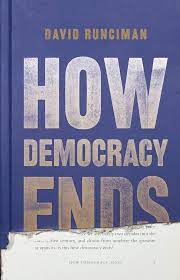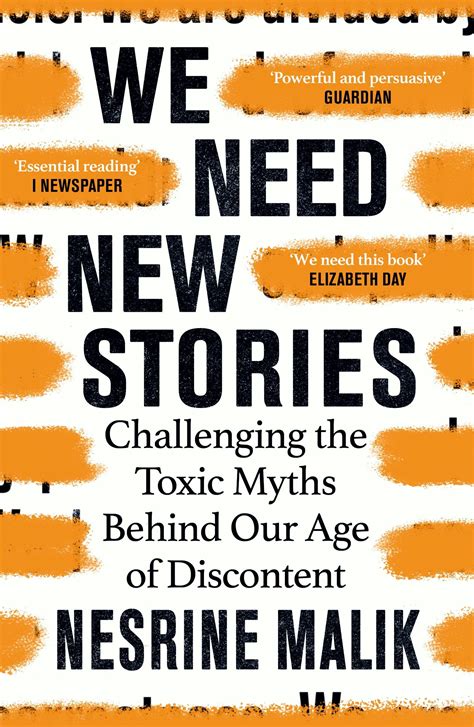Elderly Democracies: Hospice or New Life?
David Runciman, a professor of politics of Cambridge University, is a prolific scholar whose work resonates in the public sphere. He podcasts, appears regularly on television and other media, and has an impact on both sides of the Atlantic Ocean. An academic with a scholarly legacy, Runciman has the rare ability to make complicated subjects accessible while remaining appreciative of their complexity. These and other skills are in full display in How Democracy Ends, Runciman’s 2018 publication. Clearly written and organized, the book makes the claim that democracy, in particular American democracy, “is going through a mid-life crisis.” It is a refreshing and provocative lens through which to understand the passivity, anger, and impulsive behavior found in much contemporary politics.
At pains to recognize the lessons of history while stressing that the path is no guide to the future, Runciman’s book draws on the scholarship of political scientists as well as a comparativist perspective. It is structured around three broad themes or ways of imagining democracy’s demise: coup, catastrophe, and technological takeover. Runciman’s overall perspective is somewhat gloomy but not deterministic. He believes that therapy for the middle aged, be it individual or system of government, can shake things up and lead to new and healthier behavior.
The section on coup looks at the many ways that conspiracies can end democratic rule. Trump’s presidency figures prominently, even though the book was written well before the 2020 election. Runciman notes that in healthy democracy, the analogy of a civil war without violence is apt. Consensus is illusory. Instead, one finds continuous and vigorous debate. That process can be subverted when a small group is able to seize control of the system through a coup. The 1967 coup in Greece is examined and contrasted with more recent upheavals due to debt. The issues, dynamics and threat to democracy simply did not play out the same way in Greece in 2015. The 1961 attempted coup in France failed, as did the 2016 attempt in Turkey, yet the 2017 coup in Zimbabwe was successful. Runciman argues that a successful and coordinated conspiracy is essential, yet not determinative, of a successful coup.
The section on catastrophe looks at three possibilities for democracy’s end: through war, through poisoning the environment, or through evil. For the latter, think of the Nazi’s or other forms of state sponsored killing. The challenge that Runciman stresses is the disconnect between the bread and butter issues of everyday politics and the more abstract and long-term ways that these threats might materialize. Through this and other chapters, Runciman weaves into the narrative the works of scholars and examples from history and around the world. In the last section, he focuses on the possibility of technology bringing about democracy’s end. The section also looks at the flow of information through various media and the elusiveness of “truth” in shaping decision-making.
Runciman concludes the book with a reflection on what might be better, what could help democracy. He is to be congratulated for his candor in admitting that he does not have ideal solutions. Admitting the appeal of promised solutions to many voters that may reduce individual agency and choice, Runciman posits the dignity inherent in a healthier democracy. He sees some hope in technology offering greater freedoms. To get to this point, though, Runciman warns that we have much learning to do.
If there was one way to improve the work, it would be to give greater consideration to economic factors as well as to the tremendous dislocations affecting more than a hundred of million of displaced peoples. These issues, I contend, will and do have great impact on local, national, and international politics.
How Democracy Ends is a thoughtful and provocative work. It raises more questions than providing answers, and that is fine. Runciman does not pretend to know the future. His work does make, though, for significantly more informed prognostication.
David Potash

